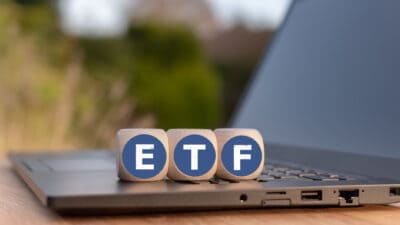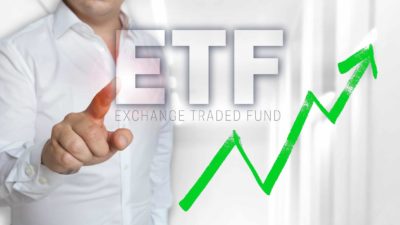The Betashares Nasdaq 100 ETF (ASX: NDQ) has just hit another all-time high today. During late morning trading on Thursday, shares in the exchange-traded fund (ETF) were peaking at $43.16.
As shown in the chart below, the ETF has lifted 15% in 2024 and 133% in the last five years.
Is the NDQ ETF a buy at an all-time high?
Of course, past performance is not a reliable indicator of future performance, but the chart above shows how the NDQ ETF has continued to eclipse its previous all-time highs.
Ultimately, a company's financial and operational performance drives the share price over the long term. And the biggest businesses within the Betashares Nasdaq 100 ETF have succeeded in steadily growing earnings. These include Microsoft, Apple, Nvidia, Amazon, Broadcom, Meta Platforms and Costco.
I think the US technology stocks, including Alphabet, Microsoft, and Nvidia, have powered the ETF's latest all-time high.
Indeed, Nvidia has reported its FY25 first quarter, which showed annual revenue growth of 262% to $26 billion, and adjusted earnings per share (EPS) jumped 461% to $6.12. These numbers beat market expectations.
Additionally, the NDQ ETF gives Aussies exposure to 100 globally leading US businesses that deliver products, services, and technological advancements that are changing how people work, learn, communicate, and entertain themselves. These are the sorts of companies we should want to own in our portfolio.
Finally, its annual management fee is 0.48%, which is cheaper than most active fund managers and, therefore, relatively appealing.
Does the valuation make sense?
According to BetaShares, at the end of April 2024, the NDQ ETF was trading on a forward price/earnings (P/E) ratio of 24.6x, which is higher than other share markets like Australia and the United Kingdom.
However, the large US tech names have delivered long-term earnings growth, which the market continues to underestimate. I think a higher valuation is justified if future earnings growth is (expected to be) strong.
The US share market could be volatile in the next year or even the next four years. But if profit keeps rising over the rest of the decade, the NDQ ETF can generate adequate returns to 2030.
While I'd prefer to invest in the Betashares Nasdaq 100 ETF at a lower price, I still think its five-year return can outperform the S&P/ASX 200 Index (ASX: XJO).









